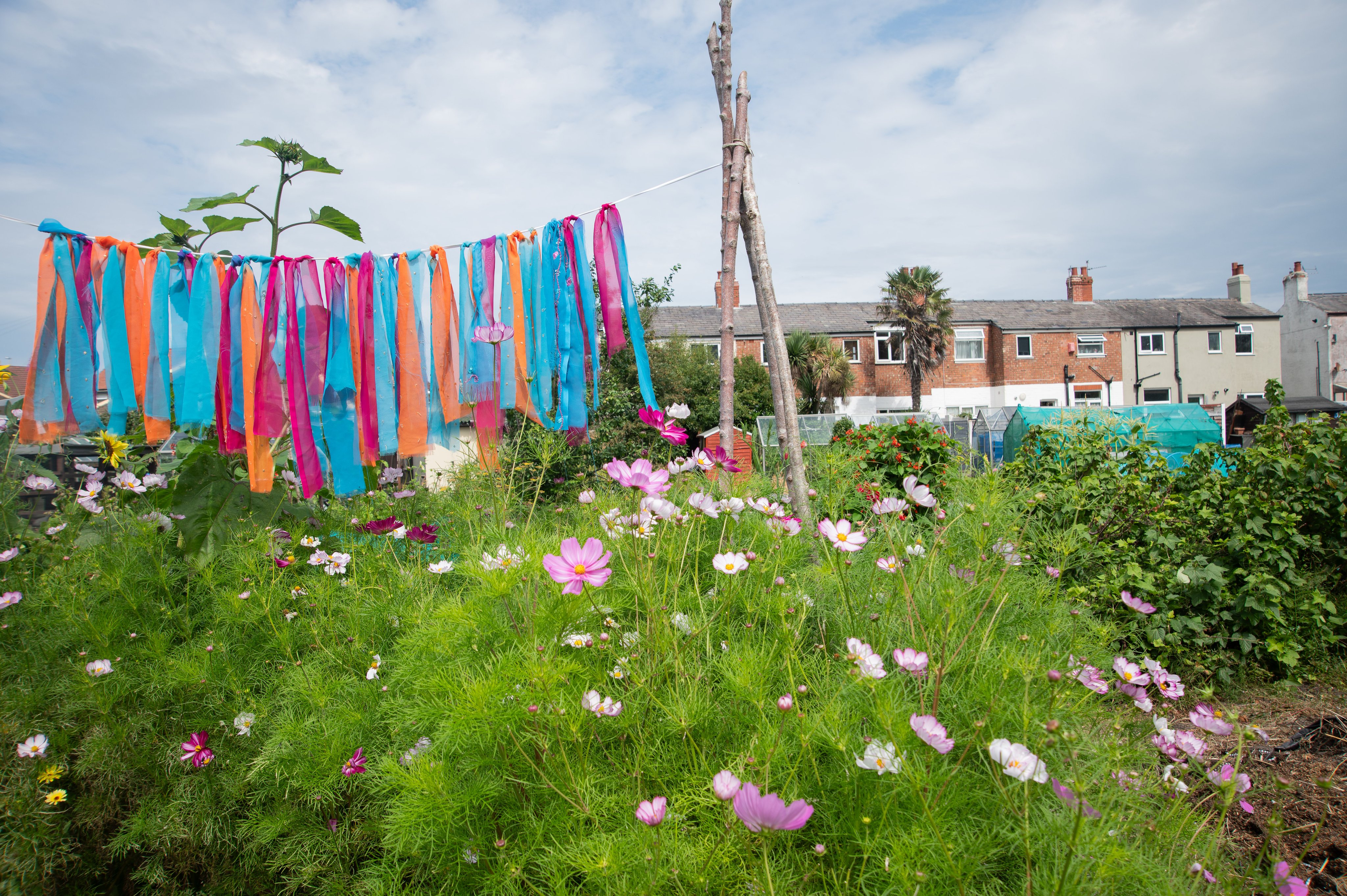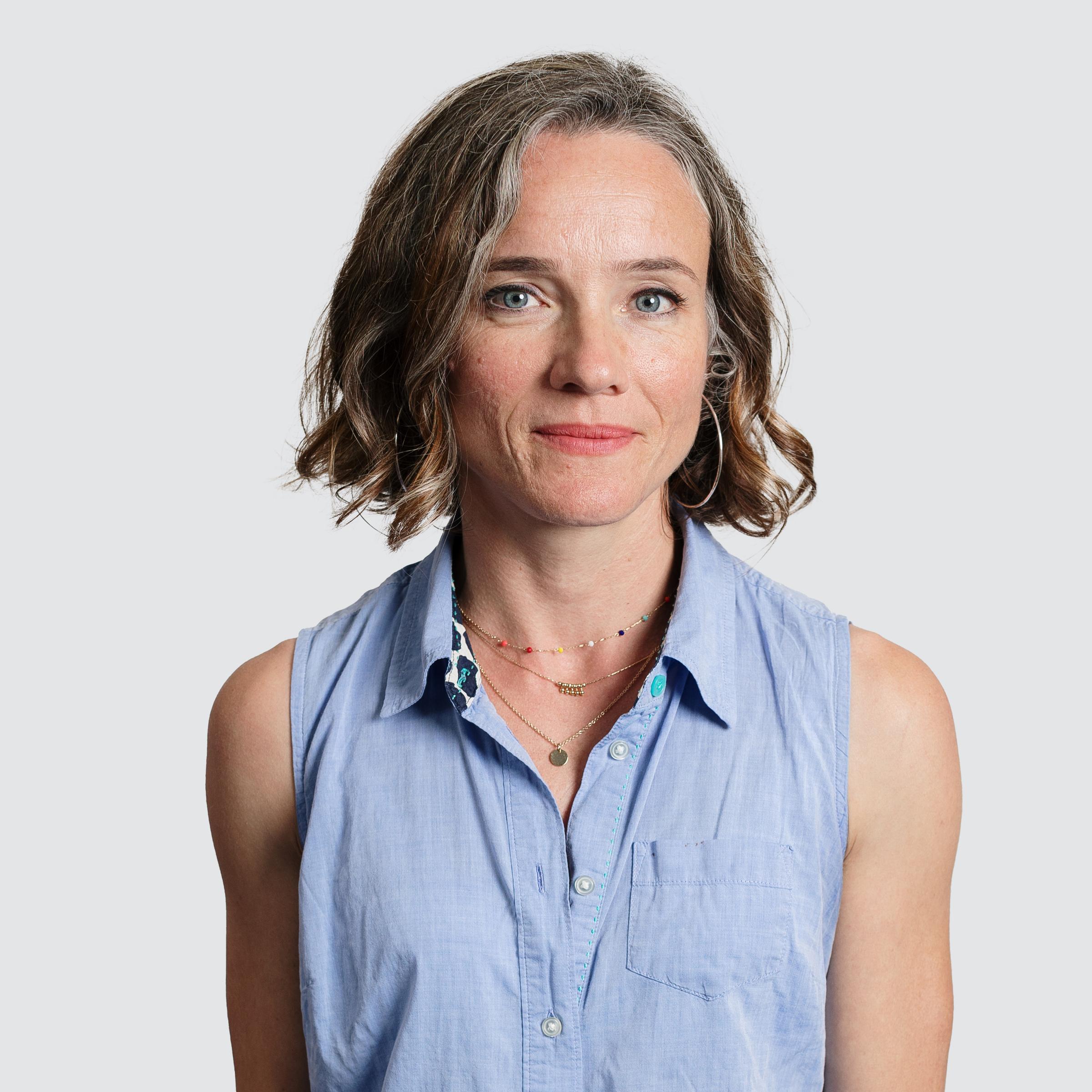Emerging Futures: an update
It’s been eight months since we published our first paper on the Emerging Futures programme. This blog provides an update on the work and how 2023 is shaping up for it.
We started 2022 with a set of questions with no easy answers. What should we do to address the underlying drivers of poverty, as well as tackling its more immediate manifestations? What would it take to back the changemakers and visionaries shaping alternative futures? What characterises this future-building work, and how do we find it? What is philanthropy’s role in supporting work that seeks to speed up the transition to a more equitable and just future?
To explore these, we’ve been in conversation with a huge number of organisations, individuals and movements also asking these questions across different issues including land, housing, governance design, youth justice; and spanning the worlds of movement building, cultural work, place-based change, research and policy, healing and restorative work. We are so grateful to people for the time they’ve taken to help us shape our thinking.
And of course, all this work was happening as a ‘cost of living crisis’ unfolded around us, and evidence mounted about the climate emergency. It seems increasingly fanciful to imagine we can address growing poverty without paying attention to deeper questions about the extractive and exploitative aspects of our current economic paradigm.
Poverty blights lives. It is essential that we continue to do all we can to address and ameliorate its worst impacts through our insights, policy and advocacy work. But we believe today’s crisis demands that we also engage in deeper questions about the foundational aspects of our economic and social systems - the concentration of wealth, for example, or the nature of corporate governance - that continue to drive inequality and ecological breakdown.
The ambition of the programme
The ambition of the Emerging Futures programme is threefold. We want to:
- Back the people, organisations and coalitions building new ideas that show us in practice what a more equitable and just future could look like – the people who are reimagining and redesigning the world they want to live in, and the world they hope to leave behind. We are searching out organisations who are developing their work explicitly in the context of a commitment to showing what it might take to realise more equitable and just futures.
- Back the work that is growing hope and possibility – work that grapples with questions about our economic models and proposes alternatives. This work often has a different starting point – it is rooted in concepts of solidarity, liberation, and interdependence. It recognises different sources of knowledge and value to shape a future grounded in people and planet flourishing.
- Build a stronger, deeper ecology of change makers, visionaries and pathfinders, supporting the work that’s happening, and building its resilience and robustness. This isn’t about JRF making a series of bilateral grants – we want to expand the field of what’s possible and nurture an ecology of changemakers with big ambitions; the people who are growing the new in the context of the old. This is challenging work at a time when many of these future builders up and down the country are describing overwhelm and burnout in their daily lives.
A major commitment of resources
Over the next two years we will be moving £5-6 million of our endowment to work that embodies these ambitions, as well as committing a further £2-3 million of our annual budget to the work. Our intention is to significantly grow the resources available. We are committed to making £50-100 million available from JRF’s own endowment over the next five to ten years, and we want to connect outwards and help expand the number of foundations that want to fund this kind of work.
As we grow the resources available, we are resisting the temptation of calling ourselves a ‘grant maker’, with all the unhelpful mental models that come with this label. Instead we see the Emerging Futures programme as an opportunity to take an active and intentional role in the redistribution of resources and assets. We won’t be importing traditional grant funding models or processes. Over the next two years we’ll be experimenting with alternative approaches to this redistribution, focusing on how we can fund an ecosystem rather than a series of individual organisations. How we do this is not yet completely clear and our commitment is to learn by doing, openly and transparently, as we go.
The shape of the programme
So what does this all translate into? Over the next two years we will focus our work around four parallel ‘tracks’:
- Pathfinders: the organisations who are actively building alternative futures in their communities - offering exemplars of how things could look (we’ll be writing more about this track next month).
- Visionaries: the people who are developing ideas that draw us away from the status quo and orient us towards something new.
- Imagination: building power and rigour in work that fosters hope and possibility across a diverse range of communities (sign up to an international event we’re hosting on this in March).
- Re-shaping philanthropy and investment: backing work that reorients flows of capital away from extraction and exploitation, towards economic democracy, and social and ecological justice (view all the content from our New Frontiers conference last year).
What’s coming up?
- We will soon be announcing news of the £900,000 we’ve moved to emerging and established Pathfinders organisations - watch this space.
- We are in the middle of recruiting a team to support this programme. It’s an amazing opportunity to build something ambitious and radical. I’ve written a blog about who we are looking for.
- We are working with Keri Facer and Gabriella Gomez-Mont as the curators of a one-day online event on Imagination Infrastructures that you can sign up to, that will also explore the field of Possibility Studies and Designs for the Pluriverse.
- Inspired by the brilliant work of organisations like the Kataly Foundation, the Seed Commons, and many others who are growing the Solidarity Economy, we’re embarking on a learning journey alongside some other UK funders, to deepen our understanding of the global landscape of how investment practices can drive economic democracy.
- We will be launching our Visionaries programme in May, following an intensive design phase that we’re currently selecting a partner for.
- We are in the planning phases of 2023’s Next Frontiers in Philanthropy and Investment conference, which will be taking place on 11 July 2023, sign-up coming soon.
The questions we’re still grappling with
Keeping moving even as we don’t have all the answers. We want to be honest that we will be learning through doing, testing and iterating as we go. This means we will probably get some things wrong. But we think this is the right approach: many changemakers have told us how difficult the funding environment is, as philanthropic organisations pause funding programmes to address long standing issues around equity. Our view is that we must continue to move money, even as we are learning about how to bring power awareness to our work, to commit and deepen our anti-racist practices and to centre questions of intersectionality, equity and justice in everything we do.
Understanding our impact. As well as being equitable in our approach, we want to maintain a steadfast commitment to the work of Emerging Futures being transformative, and build equal accountability around whether we are meeting that intention – for example, moving larger sums of money, over longer periods of time, to work that might contain a lot of ‘unknowns’. We have set aside a significant budget for learning (and ‘unlearning’) work over the next two years to consider what ‘impact’ means in this context.
Knowing whether we are placing the right ‘bets’. We have been working to try to define the characteristics of work that we think will help to move us towards more equitable and just futures, but we want to share this and bring more people into the conversation about what we should be seeking out. How do we spot ‘glimmers’ of the futures we all dream of? What forms of knowledge, and whose voices do we need to be attuned to, to ensure we are seeing these possibilities for what they are?
What is the right governance for this work? Who needs to be around the table to make decisions about where to move money and what to prioritise? How can we design governance that is built on rigour, transparency and diversity, and congruent with the scale of ambition of this work?
We are so excited about how this programme of work is shaping up.

This reflection is part of the imagination infrastructures topic.
Find out more about our work in this area.
